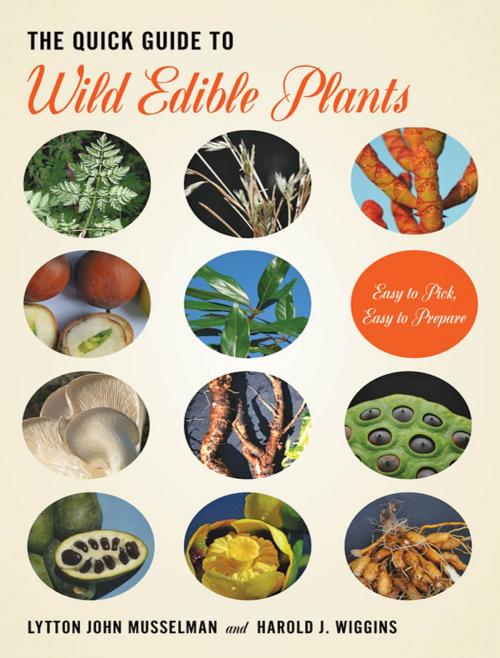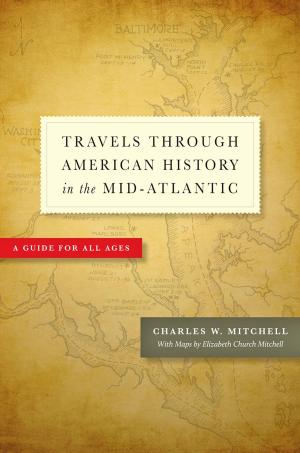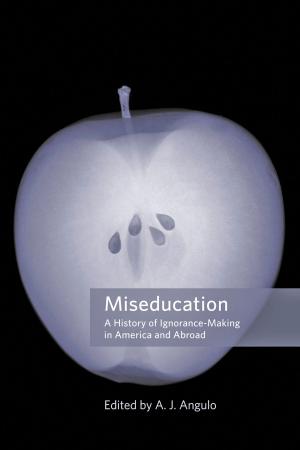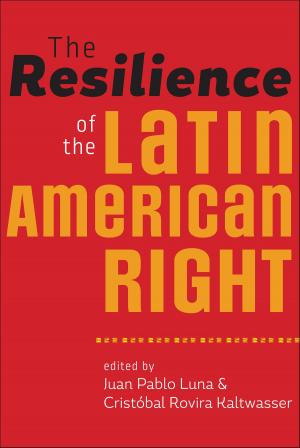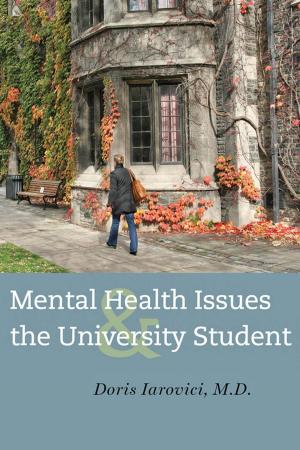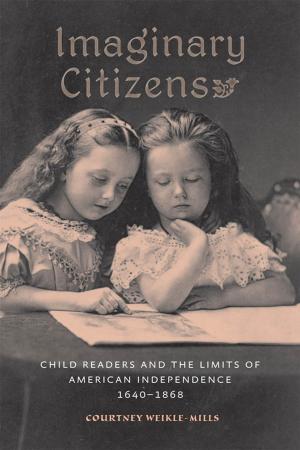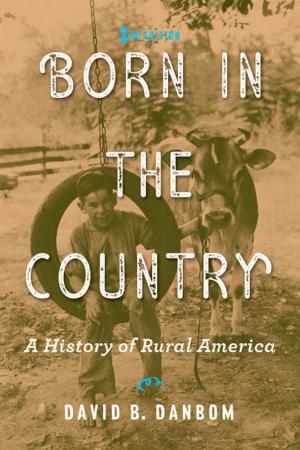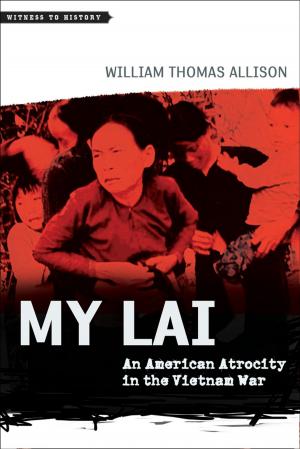The Quick Guide to Wild Edible Plants
Easy to Pick, Easy to Prepare
Nonfiction, Science & Nature, Science, Biological Sciences, Biology, Nature| Author: | Lytton John Musselman, Harold J. Wiggins | ISBN: | 9781421408729 |
| Publisher: | Johns Hopkins University Press | Publication: | June 28, 2013 |
| Imprint: | Language: | English |
| Author: | Lytton John Musselman, Harold J. Wiggins |
| ISBN: | 9781421408729 |
| Publisher: | Johns Hopkins University Press |
| Publication: | June 28, 2013 |
| Imprint: | |
| Language: | English |
A recent rise in the popularity of urban farming, farmers’ markets, and foraging from nature means more people are looking for information about plants. In The Quick Guide to Wild Edible Plants, botanists Lytton John Musselman and Harold J. Wiggins coach you on how to safely identify, gather, and prepare delicious dishes from readily available plants—and clearly indicate which ones to avoid.
More than 200 color illustrations, accompanied by detailed descriptions, will help you recognize edible plants such as nettles, daylilies, river oats, and tearthumbs. For decades, Musselman and Wiggins have taught courses on how to prepare local plants, and their field-to-table recipes require only a few, easily found ingredients. They offer instructions for making garlic powder out of field garlic and turning acorns into flour for Rappahannock Acorn Cakes. To toast your new skill, they even include recipes for cordials.
The Quick Guide to Wild Edible Plants is a great gift for the beginning naturalist and the perfect addition to every serious forager’s library.
A recent rise in the popularity of urban farming, farmers’ markets, and foraging from nature means more people are looking for information about plants. In The Quick Guide to Wild Edible Plants, botanists Lytton John Musselman and Harold J. Wiggins coach you on how to safely identify, gather, and prepare delicious dishes from readily available plants—and clearly indicate which ones to avoid.
More than 200 color illustrations, accompanied by detailed descriptions, will help you recognize edible plants such as nettles, daylilies, river oats, and tearthumbs. For decades, Musselman and Wiggins have taught courses on how to prepare local plants, and their field-to-table recipes require only a few, easily found ingredients. They offer instructions for making garlic powder out of field garlic and turning acorns into flour for Rappahannock Acorn Cakes. To toast your new skill, they even include recipes for cordials.
The Quick Guide to Wild Edible Plants is a great gift for the beginning naturalist and the perfect addition to every serious forager’s library.
